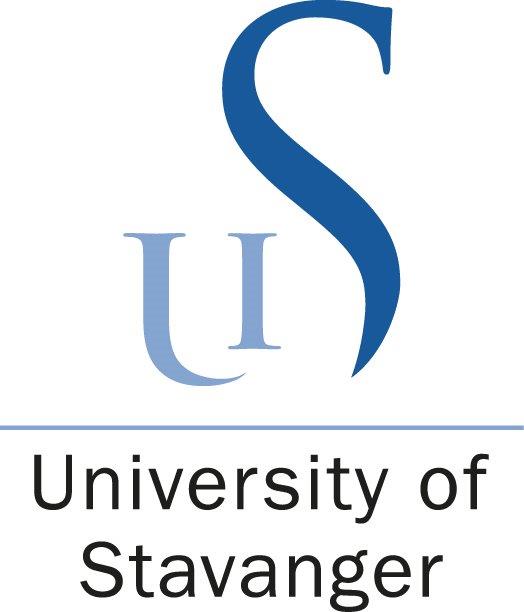Qualitative methods
The course addresses researchers within the social sciences broadly; sociologists, geographers, anthropologists, political scientists, economists, health researchers, etc., who use or plan to use qualitative methods for their PhD research. Qualitative methods include interviews, document studies, fieldwork, observation, and may be used as stand-alone methods, or in combination with quantitative methods (cf. mixed methods, etc.).
Learning outcome
The student will gain knowledge of:
- Key methods, such as qualitative interviews, document studies, fieldwork/ethnography, case studies.
- Key methodological positions within qualitative research, as regards e.g. the theory-data interface (cf. grounded theory, critical realism, etc.)
- The use of qualitative methods in applied analysis of social phenomena
By the end of the course, the student will be able to:
- Identify methodological implications of specific qualitative methods
- quire knowledge of classic and recent methodological tools that enable them to plan and execute interpretive analyses of various data sources such as interviews, conversations, observation, and documents.
- Identify methodological implications of different theoretical approaches in social research.
- Communicate the results of his/her reflections in speech and writing in a clear and systematic way.
By the end of the course, the student will be able to:
- meet social phenomena and theoretical-academic subjects with methodological assumptions that must be basis for an analysis of the data through research-based production of insight and knowledge.
- See the relevance of discussing the theoretical and methodological choices one makes in developing and conducting qualitative research
Contents
The course will make students acquainted with methodological issues within qualitative research in general. It will help students to frame their respective research studies in methodologically sound manner, and to identify key practical-methodological issues within their studies. Topics include:
- Some classical and recent methodological tools for constructing and interpreting qualitative data, by way of interviews, field conversations, written documents, media publications, photos, and observations.
- The course will also prepare participants to argue epistemologically for the methods they apply in their theses.
- Crucially, the course will achieve the above by grounding the discussions and the students' individual papers in methodological reflections about the respective PhD projects.
Exam
Coursework requirements
- Prepare a 1 p. note on methodological questions departing from your PhD project, which outlines the planned topic for the course paper. This note must be submitted one week in advance of the course.
- An individual presentation at the end of the course week. The presentation should be a reflection on the 1 p. note submitted in advance. Students may then highlight elaborations and possible alterations of as result of discussions over the week.
- Generally active participation in discussions in general.
For more information click "LINK TO ORIGINAL" below.
This opportunity has expired. It was originally published here:
https://student.uis.no/subject/?code=PHD103_1&path=en
